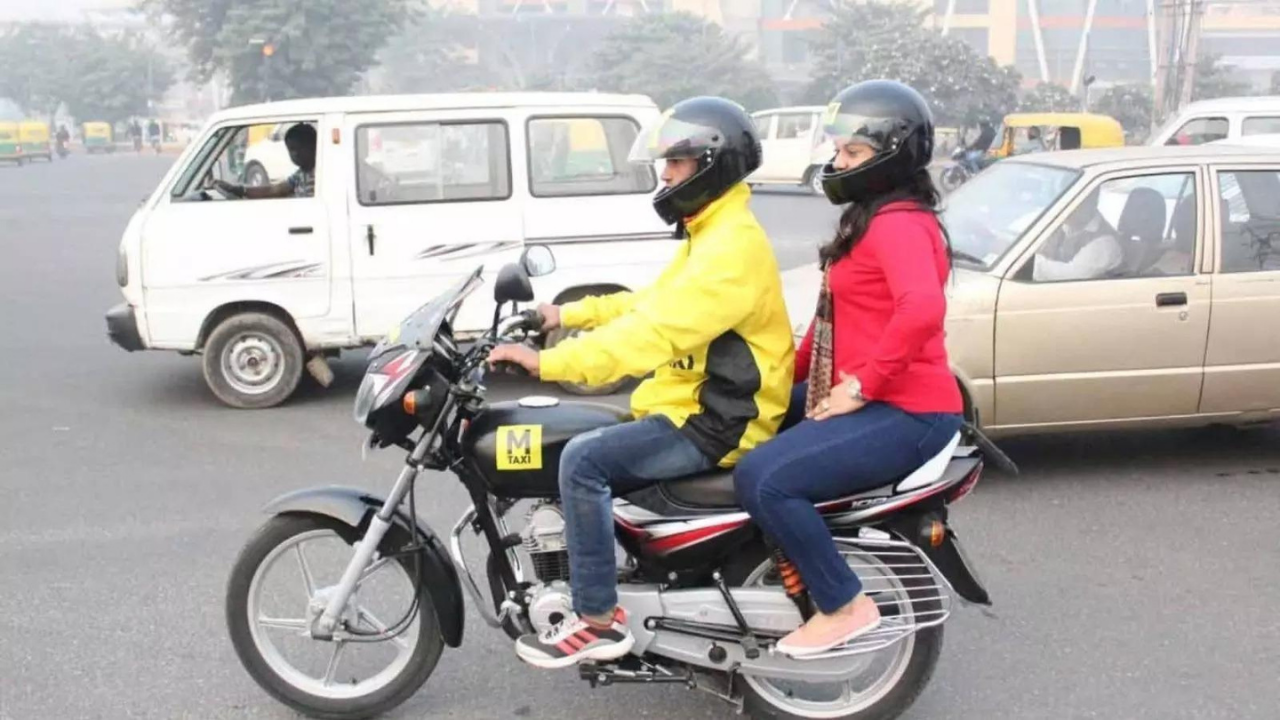Karnataka’s blanket ban on bike taxis, effective from 16 June 2025, has sparked widespread concern, jeopardling a livelihoods crisis for over 100,000 gig workers and disrupting affordable mobility for millions of commuters. The Karnataka High Court’s refusal to stay the state’s order, citing the absence of a regulatory framework, has dealt a blow to Bengaluru’s vision of sustainable, equitable urban development.
The ban, rooted in pressure from auto-rickshaw unions, has left riders like Priya from Mandya struggling to survive. Earning Rs 30,000 monthly, she supported her family’s education and medical expenses through bike taxi services. Now, with no alternative income, many like her face skipped meals and unpaid bills. The Namma Bike Taxi Association, representing thousands, has pleaded with Chief Minister Siddaramaiah and Congress MP Rahul Gandhi for intervention, highlighting the ban’s devastating impact on gig workers, including students and daily-wage earners.
Bike taxis, handling eight crore trips annually, were a lifeline for Bengaluru’s congested streets, offering low-cost, low-emission last-mile connectivity. Data from TomTom shows traffic congestion surged to 77% on the ban’s first day, up from 59%, exacerbating urban chaos. Commuters, especially women and low-income workers, lament the loss of an affordable transport option, with auto fares soaring and public transport overstretched.
The decision contradicts Karnataka’s earlier push for green mobility through the 2021 Electric Bike Taxi Scheme, which was revoked in 2024 amid union backlash. Meanwhile, 19 other states, including Maharashtra and Delhi, have regulated bike taxis, integrating them into sustainable transport frameworks. The Union Ministry of Road Transport’s 2025 Aggregator Guidelines permit non-transport motorcycles for shared mobility, urging states to adopt clear regulations. Karnataka’s refusal to align with this framework risks stifling innovation and economic opportunity.
Protests have erupted, with over 5,000 riders converging on Vidhana Soudha, demanding a reversal. The Bike Taxi Welfare Association argues that regulation, not prohibition, could ensure safety and fairness, citing Maharashtra’s 100% EV policy as a model. Legal challenges continue, with riders asserting that the ban violates their constitutional right to earn a livelihood under Article 19(1)(g).
Bengaluru’s mobility crisis underscores the need for balanced policymaking. By embracing regulation, Karnataka could restore jobs, reduce emissions, and enhance equitable access to transport, aligning with net-zero goals. The state’s inaction threatens to derail its reputation as a progressive urban hub, leaving commuters and gig workers hopeful for a solution that prioritises both sustainability and survival.
Also Read: Goa Faces Ecological Decline, Green Spaces Threatened by Rapid Urban Expansion


